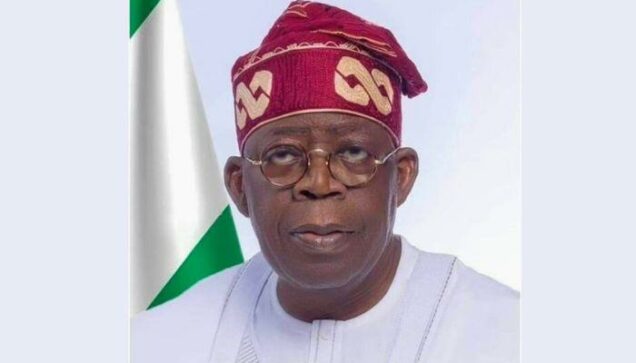As Nigeria approaches the 2027 presidential election, political tensions are escalating. President Bola Tinubu, who won the 2023 election amid controversy, is seeking re-election. However, the political landscape is fraught with challenges.
The All Progressives Congress (APC), Nigeria’s ruling party, has officially endorsed President Tinubu for a second term. At a summit in Abuja, APC leaders praised Tinubu’s economic reforms, including the removal of fuel subsidies and currency liberalization, which have been lauded by international financial institutions. However, these policies have also led to a significant cost-of-living crisis, drawing criticism from various quarters. Despite these challenges, the APC remains steadfast in its support for Tinubu’s re-election bid.
Opposition figures are voicing strong dissent against Tinubu’s administration. Activist Omoyele Sowore has alleged that the 2027 election results have already been predetermined, describing the current political system as a “sham democracy.” Sowore criticizes the government’s economic policies and the erosion of democratic ideals, warning that Nigeria may soon long for the era of former President Muhammadu Buhari. He also opposes proposed laws aimed at making voting compulsory, viewing them as undemocratic.
The political landscape is witnessing significant realignments. Several prominent figures and groups are defecting to the APC, strengthening its position ahead of the election. For instance, Governor Sheriff Oborevwori of Delta State has joined the APC, bringing along federal and state lawmakers. Similarly, the Osun State People’s Democratic Party (PDP) Senators’ Caucus has endorsed President Tinubu for a second term, praising his leadership and policies.
Public sentiment is mixed. While some Nigerians support the government’s reforms, others express dissatisfaction with the current state of affairs. Concerns over insecurity, economic hardship, and the perceived erosion of democratic norms are prevalent. The upcoming election is expected to be a pivotal moment in Nigeria’s political history, with the potential to reshape the nation’s future.
As the 2027 election approaches, all eyes are on President Tinubu and the opposition. The political dynamics are shifting, and the outcome of the election remains uncertain. What is clear is that Nigeria stands at a crossroads, and the decisions made in the coming months will significantly impact the nation’s trajectory.
